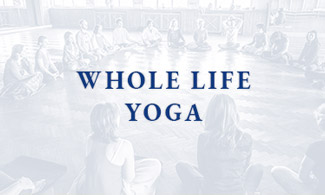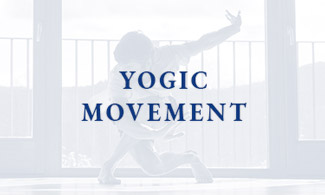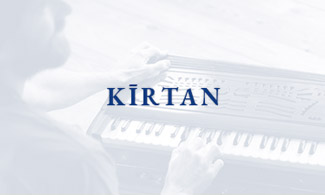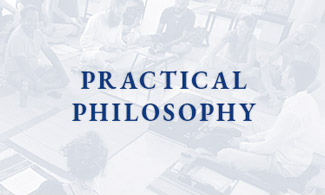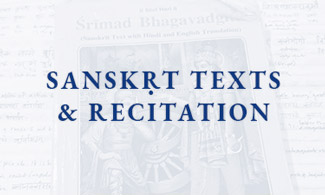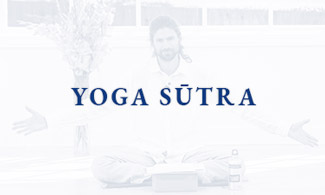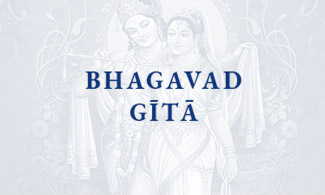
Śavāsana – Sleeping in Peace and The Art of Living and Dying
In the early years of my yoga explorations, living in Thailand, I had the good fortune to attend āsana classes with Adrian Cox at the original Yoga Elements Studio, Bangkok. I remember in one of my first classes, I think it was 2001, an especially bliss-soaked śavāsana. Adrian had guided us very skilfully through an ashtanga-vinyasa practice, keeping us attuned to rich, fulsome breath at the same time as expertly instructing healthful alignment and appropriate variations. For more than an hour and a half I had been nowhere but there, focused and absorbed in following the cues, orienting and balancing in space through unfamiliar postures and sequences, and savouring the breath. This had recruited my mental focus, the active participation of all my sense powers, and a clear emotional orientation which I might describe as an effort to cultivate harmony and rich presence. After ‘flowing’ like this as a relatively ‘joined up’, ‘integrated’ ‘whole’ being for 90+ minutes, the śavāsana was blissfully peaceful and serene. After such concerted, whole system engagement, it was easy to relax; all the senses had been gratified and nourished, and I was able to rest in peace.
Yoga is sometimes described as the Art of Living
What this really means is the Art of Living and Dying, because we cannot have the one without the other. Yoga is about living skilfully, wholly, soulfully. One view of the crowning achievement of a human life is to be able to die in peace: to meet death feeling calm, ready, fulfilled, complete, free from fear. How might we do this? By practising and preparing sleeping in peace at the end of every day. How to do this? The aṣṭāṅga of Mahāṛṣi Patañjali offers us a practical means to calibrate to conscience. Yoga offers us many ways to connect more substantially to conscience, to train ourselves, as it were, in the ways of śavāsana, of being able to inhabit the space of our awareness with greater ease and serenity, of being able to sleep in peace more easily at the end of each day. I especially appreciate the advice Dr Robert Svoboda passes on from his mentor Vimalananda: I paraphrase:
Every morning, three things to remind myself:
- ‘I am going to die. It may be today. It may not be today. But I am going to die. I had better be ready, because it is coming. Let me be prepared.’ This echoes something my first teacher said paraphrasing Śaṅkarācarya, ‘have your bags packed’, be prepared for it happening today.
- ‘I am thankful, I am grateful, that I am alive. I am thankful to providence. I am thankful to life. I am thankful to God, Nature, Cosciousness, Source, Existence – whatever you want to call it. Thank you to consciousness, thank you to the Supreme Reality. Thank you to all the beings that have given of their life that I might be. I am thankful. I am thankful to my family, to my friends, to all those who have helped and help support me. I am grateful for my home this planet, for the Earth and Sun which support and enable all my experience here. I am thankful to be alive. Let me honour this great gift of life.
- ‘I pray that I will not cheat my conscience’. Let conscience be my guide. Remember, the voice of conscience may sometimes be a small voice, while the voice of the things I am pulled, drawn, attracted, influenced, cowed by can be very loud. Let me listen carefully, for sometimes the voice of conscience may be quiet relative to the booming howls of the conscience-veiling/shrouding/interfering impact of my conditionings.
And at night, three questions:
- Have I lived? Have I taken advantage of the gift of life. Have I honoured my life this day? Have I avoided ‘killing time’, remembering that time is relentlessly killing me. Let me honour the 1440 minutes of each day. As best as I can let me be present through them all , let me cherish and fulfil each moment of life.
- Have I loved? Have I honoured/recognised/felt the love of the Supreme Reality flowing/coursing through me? And have I done what I can to allow others to feel that?
- Have I laughed? Have I laughed at my own stupidity and foibles? Have I met the day with good humour?
If I can answer yes to all three, that’s a good day. If not, I can commit to doing a better job the next day.
Yoga practice is about doing whatever we are doing with all of ourself, so we leave no room for regret.
May we find the depth of loving presence to live each moment as if it could be our last.
May we savour each experience with the presence of a first time.
May we weave more of the experience of wholeness into the tapestry of our days.
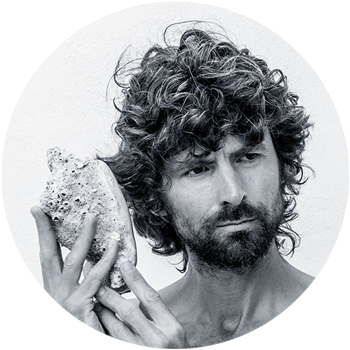
James Boag | Whole Life Yoga
The yoga of the whole human being. Practical philosophy, storytelling, movement, inquiry, looking in ways that reach beyond our habitual ways of looking.
Listen to James’ unique whole life yoga perspectives on the WHOLE LIFE YOGA podcast.

